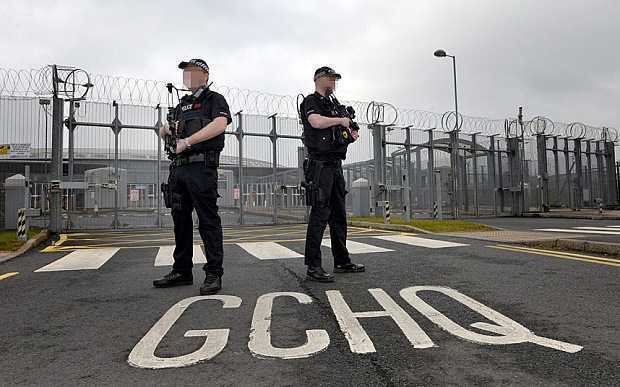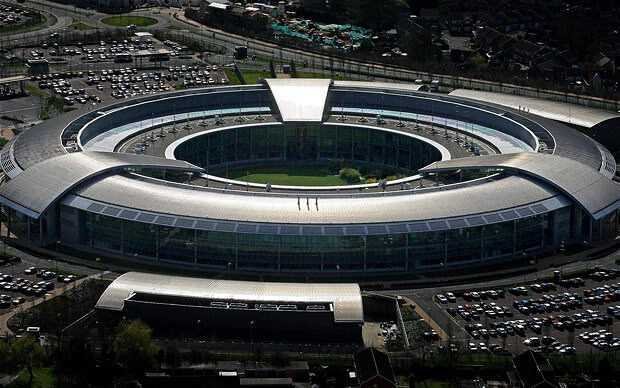The release of even more files leaked by Edward Snowden reveals the astonishing scale and scope of surveillance of GCHQ and governments in general one year after the first revelations.
Her recent revelations by clicking hereς Intercept αναφέρουν ένα πρόγραμμα της Βρετανικής GCHQ που είναι γνωστό και σαν “Karma Police.” Με το συγκεκριμένο πρόγραμμα η υπηρεσία πληροφοριών συγκέντρωσε περισσότερα από 1.1 τρισεκατομμύρια information by UK citizens from August 2007 to March 2009.
This information comes from the internet user's metadata and includes details about phone calls, emails, passwords, contacts, phone numbers, e-mail addresses, and folders used to organize e-mail, but not the content of the messages or e-mail itself.
These metadata can help identify people of interest, build profiles, and help secret services make decisions to start or step up private surveillance.
All this information can be collected at a minimal cost through traditional methods. In other words, metadata are not insignificant as governments want to believe. This is why governments collect and process them.
However, mass metadata collection - where information is collected from everyone rather than a "person of interest" - is rightfully a deep wound to security and human rights.
Does our metadata collection make us safer?
It is far from clear that the mass collection of metadata makes society more “safe». Although this data may be used in the investigation of crimes, its use in the prevention of terrorist incidents is controversial.
This does not mean that security services can not report cases in which they were assisted with information about possible attacks, but can not justify massive collection of data against the targeted.
The massive collection of metadata is based on computer algorithmic analysis followed by the human crisis.
Here is the main one theme. It is not clear whether the information is correctly evaluated, or whether false positives are generated, by adopting an approach that focuses on computing power rather than human judgment and experience.
Is monitoring reasonable?
Suppose, however, that mass surveillance does a good job and data collection can be justified. Could this be an excuse?
The answer, in my opinion, should be determined by the supervision and the importance we attach to our political rights.
A player who collects and processes this volume of information needs supervision.
However, we have seen that despite the fact that GCHQ is under the supervision of the Information Service Commissioner and the Secretary of the Ministry of Foreign Affairs, we still rely on leaks and informants to have a clear picture of what is happening.
But here we are today and the growth of mass data collection, computerized processing by government agencies is essentially fostering a new highly political, operational society and possibly giving us a new popular understanding of what "privacy" is and what it really entails.
What will we be entitled to keep for ourselves? Who is our private space and is this space shared with the state?
As the Court of Justice of the European Union said in April 2014, metadata "may allow very precise conclusions about private life .... For any retention regime, appropriate safeguards and limitations are needed, otherwise the results of surveillance will could be corrosive, creating an eerie feeling that "we are all being watched".
With data from TNW.





